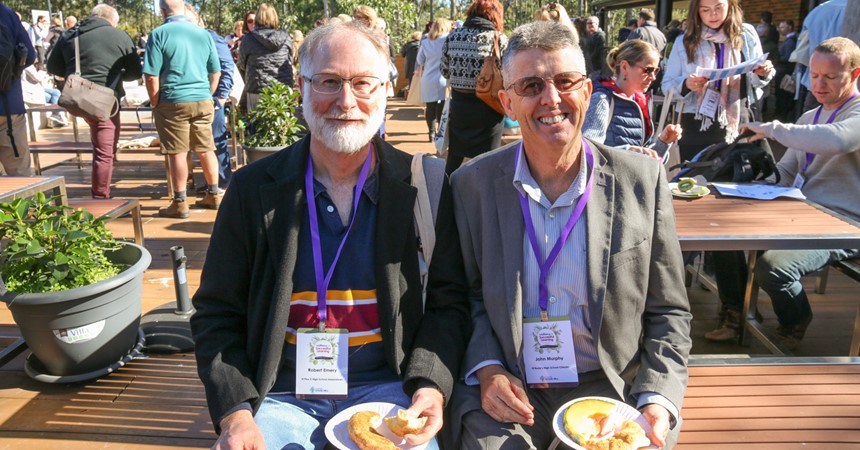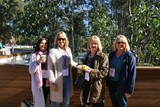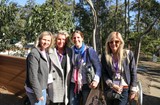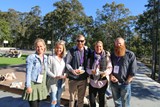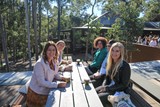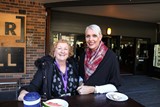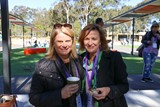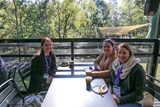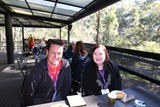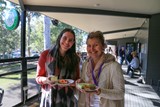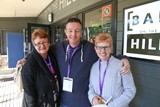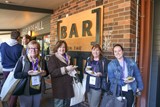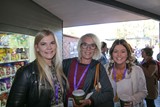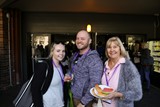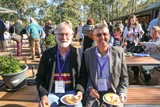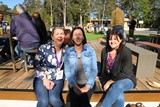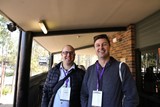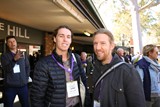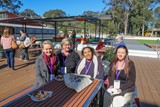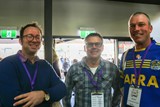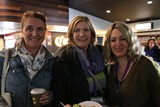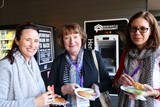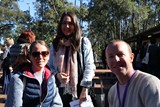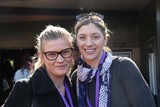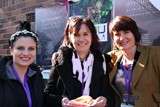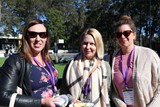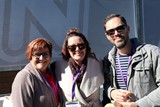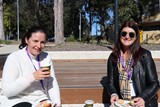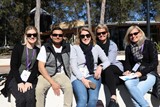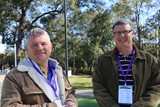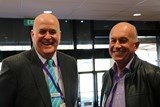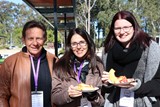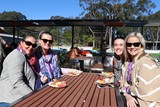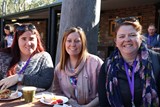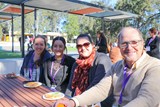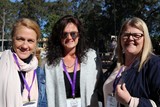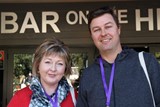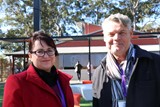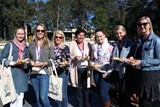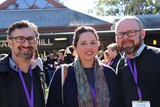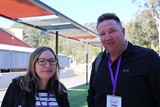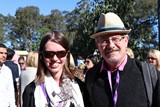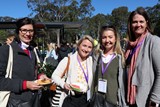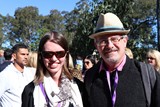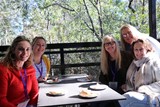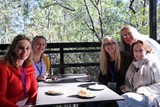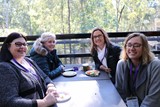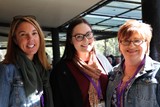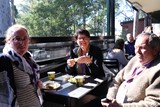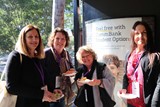Held by the Diocese of Maitland-Newcastle’s Catholic Schools Office, the conference had Wellbeing for Successful Learning as its theme.
This theme reflected the increasing research into and understanding about the impact that wellbeing has on academic success in general and the critical role schools play in providing supportive environments for students and teachers in particular.
The conference focused elements such as successful learning, safe and inclusive environments and positive and caring relationships.
Keynote speakers included the NSW Advocate for Children and Young People, Mr Andrew Johnson, as well as Dr Toni Noble, Adjunct Professor from the Institute of Positive Psychology and Education, Australian Catholic University.
Mr Johnson presented the NSW Strategic Plan for Children and Young People which will help ensure children and young people in this state have the opportunity to thrive by having access to the services they need and by ensuring their voices are heard.
Dr Toni Noble’s keynote speech focused on “PROSPER – a roadmap for Wellbeing for Successful Learning”.
PROSPER - which stands for Positivity, Relationships, Outcomes, Strengths, Purpose, Engagement, and Resilience – not only builds on current research it also provides a roadmap for positive schools to build student wellbeing and engagement in learning.
Dr Toni argues that the more components of PROSPER that a student is able to access at school, the better their education and the higher their level of wellbeing and achievement is likely to be.
Through her research, some of which was conducted in Catholic schools in the Diocese of Maitland-Newcastle, Dr Toni demonstrated that sustainable student wellbeing is an outcome of the school policies, structures and practices that are organised under the PROSPER framework.
Following the keynote speeches there were over 30 workshops for teachers. These covered a variety of topics including building student resilience, supporting students in creating a positive online presence, the importance of the creative arts and physical activity in supporting student wellbeing and flexible learning based on relational pedagogy.
It is envisaged that, as a result of this conference, school leaders and teachers will become advocates in their own schools and will promote and implement evidence-based practices to improve the wellbeing of all students and young people.
